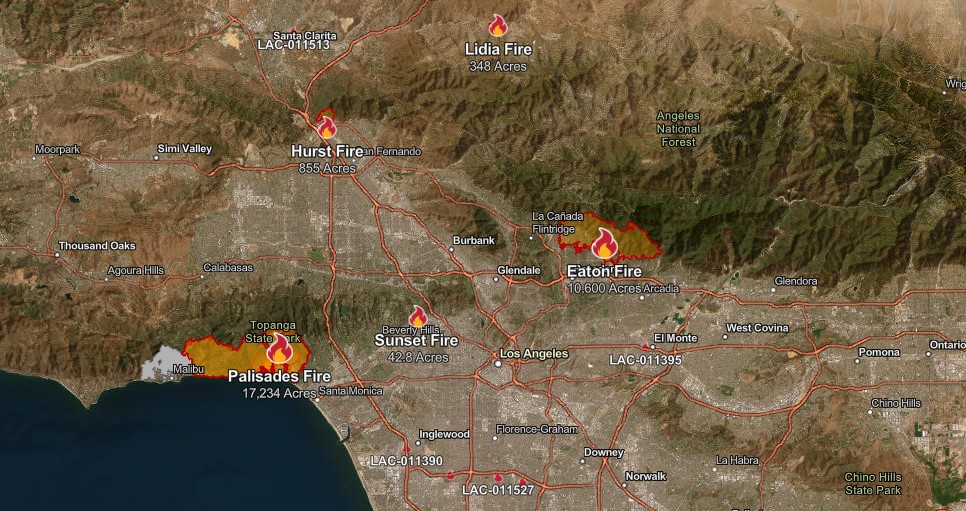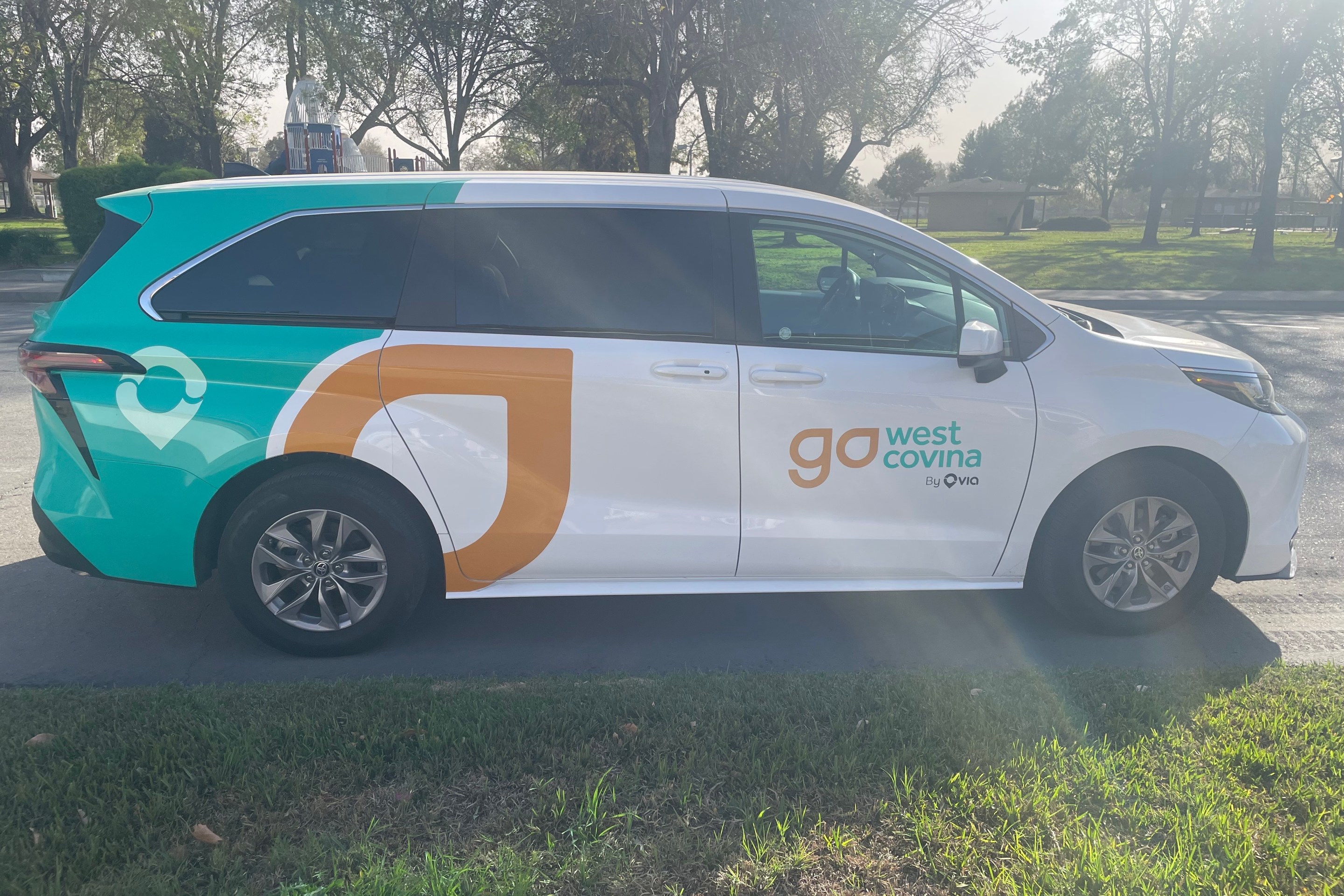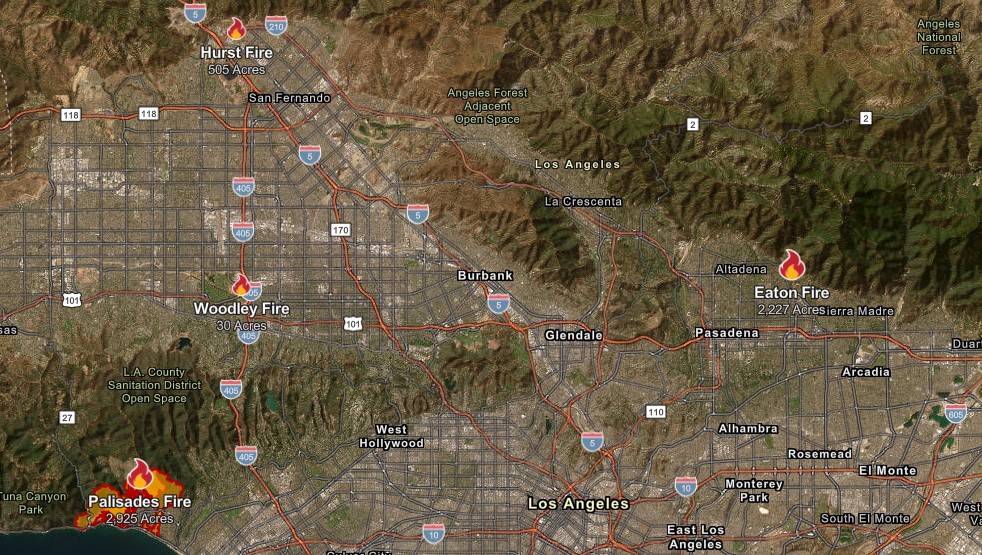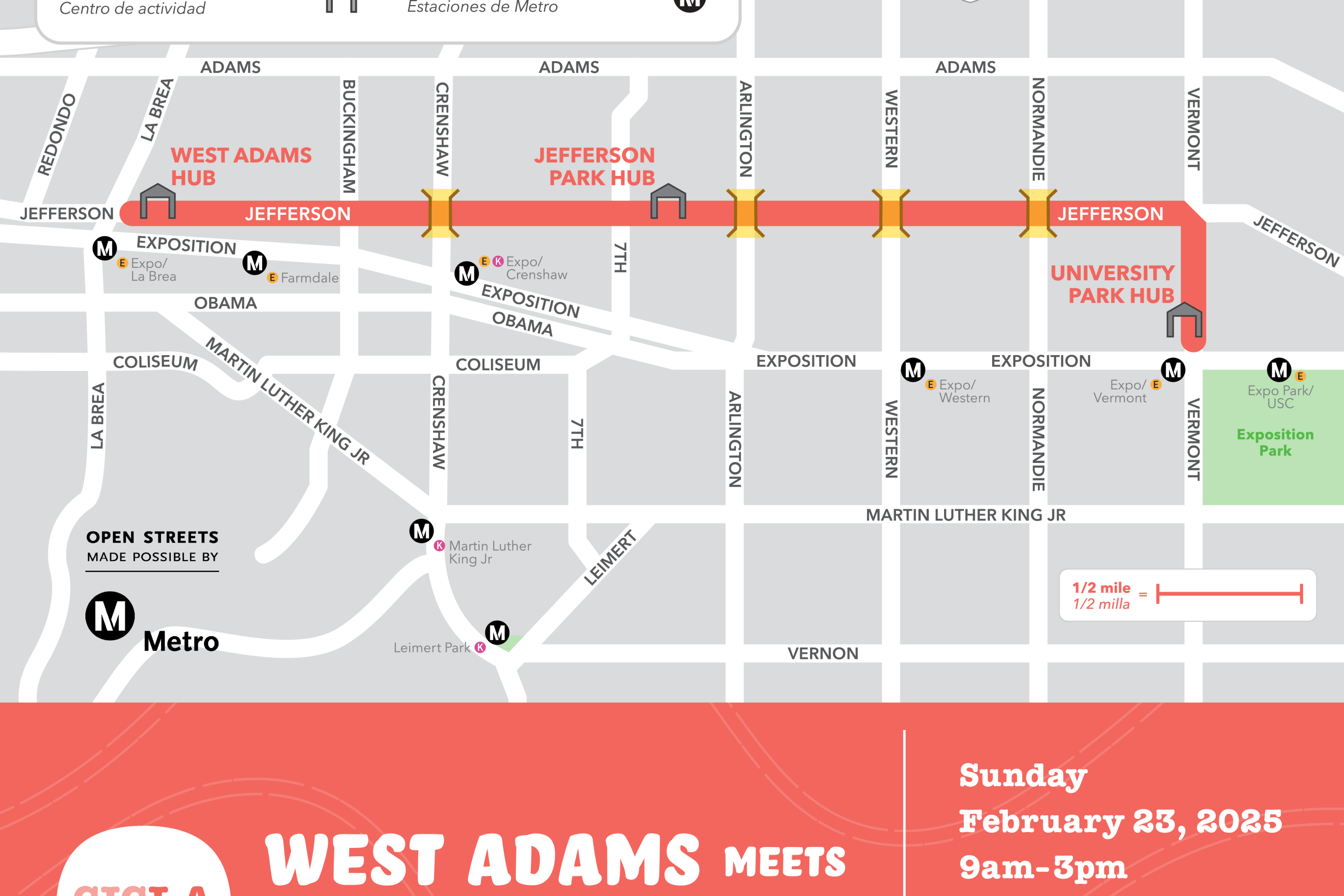Over the last couple of weeks, the issue of gas prices and energy have played a major role in the presidential campaign. By now you're probably familiar with the warring campaign ads between John McCain, Barack Obama and Paris Hilton, arguing over which presidential candidate has the best energy plan and what their opponent's plan says about their readiness to be president.
Obama's newest effort, "Pocket", is more aimed at portraying McCain as "in the pocket of Big Oil" and discussing his own plan to tax oil company profits than at promoting a vision of alternative transportation and a greener future. However, at the end of the advertisement it does provide a link to his website NewEnergyforaGreenFuture.com, which outlines an energy plan that is more about conservation and greening our energy supplies than it is gas prices. And, as we noted last week, also has a small plank about Livable Communities.
There is no mention in "Pocket" of Obama's recent change in position on offshore drilling and tapping the strategic oil reserve. Over the first weekend in August, the Democratic Presidential Nominee announced an energy plan which said he would be willing to explore increasing American oil production if it would lead to a greener long-term energy policy. While the media, and McCain, have focused on what is being portrayed as a "flip-flop" on drilling, the Obama campaign continues to focus its energy message on keeping people moving while cleaning the environment. In "Pocket" it is a secondary message, but it still draws a sharp contrast with McCain's preaching on the virtues of offshore drilling.
Last week also saw the candidates trade accusations that the other is in the pocket of Big Oil. Last week the Democratic National Committee launched a website promoting Exxon/McCain 2008, lampooning the Arizona Republican as a candidate beholden to one of the most well known gasoline providers. Taking a break from claiming credit for falling gas prices, the McCain campaign responded by noting that Obama has received more contributions from Exxon than McCain. But wait a second, in "Pocket" Obama claims that McCain has taken over $2 million from oil executives. What's really going on here?
To help clear things up the non-partisan Center for Responsive Politics has broken down the contributions from oil executives received from both candidates. Their conclusions? McCain has received more funds than Obama from oil companies. However, McCain is correct that Obama has received more from Exxon executives.
Through June, Exxon employees have given Obama $42,100 to McCain's$35,166. Chevron favors Obama $35,157 to $28,500, and Obama edges outMcCain with BP $16,046 vs. $11,500. McCain leads the money race withnearly every other top giver in the oil and gas industry, though --Koch Industries, Valero, Marathon Oil, Occidental Petroleum,ConocoPhillips, the list goes on...McCain also has a big edgewith Hess Corp. -- $91,000 to Obama's $8,000 -- which has gotten some attention. And, overall, McCain's campaign has gotten three times more money from the industry than Obama's has -- $1.3 million compared to about $394,000.
Comparing Obama's and McCain's financial ties to the oil industry,there's no question that McCain has benefited more from the industry'scontributions, just as his Republican Party has for years and years.But Obama's edge with the oil producers Americans know best -- andmight be cursing most these days -- makes it harder for him to continueto tar McCain as the industry's darling. Still, this chart showsvividly how the industry's support for McCain's candidacy has surged inthe last few months. It's been pointed out that giving shot upafter the presumptive Republican nominee announced his support foroffshore drilling, but you'll see that the trend started months beforethat.
The reality is that neither campaign has taken so much money from oil executives that it would tip the election. But as long as the candidate's positions and advertisements stress such a large policy difference on the questions of oil and transportation; the funding gap between them could be fodder for those who dream of a transportation future that doesn't revolve around propping up the need for the internal combustion engine.




